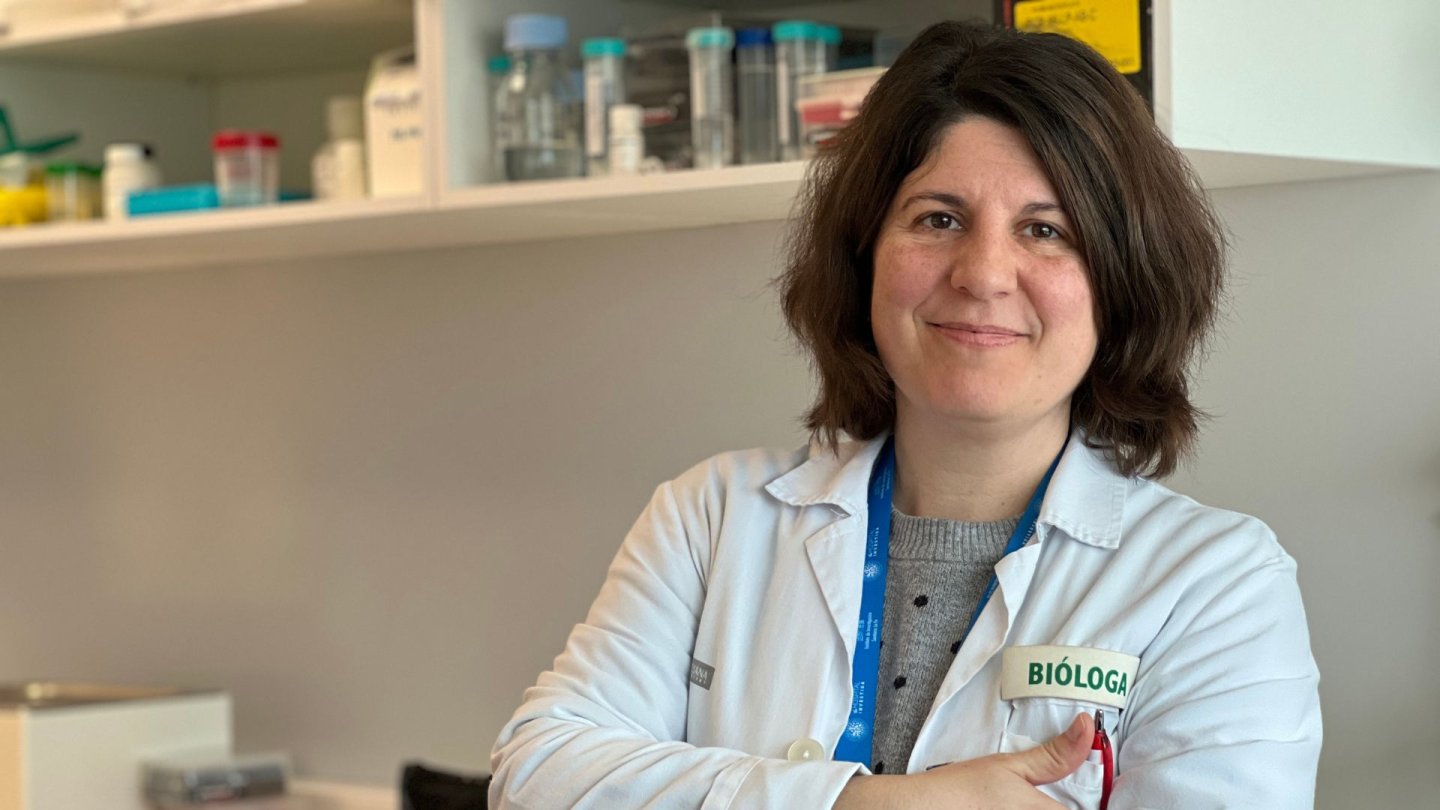News
The IIS La Fe participates in the identification of 16 new genetic alterations associated with severe COVID-19
IIS La Fe takes part in an international research project in which 49 new genetic variants associated with severe Covid-19 have been found, 16 of which had not been discovered until now. New therapeutic targets have also been found that could facilitate the development of new treatments.
María José Herrero, from the Plataforma de Farmacogenética, is one of the authors of the article.

On May 17th, a research study published in the journal Nature identified 49 genetic variations associated with severe phenotypes of COVID-19. The same study has also found new therapeutic targets that could facilitate the development of new treatments. This is an international collaboration based on data from three international partners, one of them SCOURGE-Spanish Coalition to Unlock Research on Host Genetics on COVID19, led by Dr Ángel Carracedo and Dr Pablo Lapunzina, from the CIBER and funded by the Instituto de Salud Carlos III.
With the initial results of the consortium, a first publication was made a year ago, Novel genes and sex differences in COVID-19 severity. Finally, by combining the efforts of similar studies from all over the world, this publication has been produced. The results of the work point to 49 genetic alterations, 16 of which were previously undiscovered. These alterations affect a total of 149 genes, and some of the mutations identified could be used to develop new therapies against the infection, such as therapeutic strategies based on drug repurposing. The paper concludes that the use of drugs already applied to other diseases could be effective in treating the disease and represents a promising avenue for further study.
The research has worked with whole genome sequencing data from more than 24,200 patients with severe COVID-19. The SCOURGE consortium has contributed data from almost 6,000 Spanish patients. The Plataforma de Farmacogenética, in collaboration with Biobanco La Fe of the Instituto de Investigación Sanitaria La Fe (IIS La Fe), collected 100 samples from patients with COVID-19 who had required hospital admission. Subsequently, clinical information was extracted from the patients' electronic records and all of this formed part of the GWAS genomic study at the National Genotyping Centre in Santiago de Compostela.
Reference: Pairo-Castineira, E., Rawlik, K., Bretherick, A.D. et al. GWAS and meta-analysis identifies 49 genetic variants underlying critical COVID-19. Nature (2023). https://doi.org/10.1038/s41586-023-06034-3







